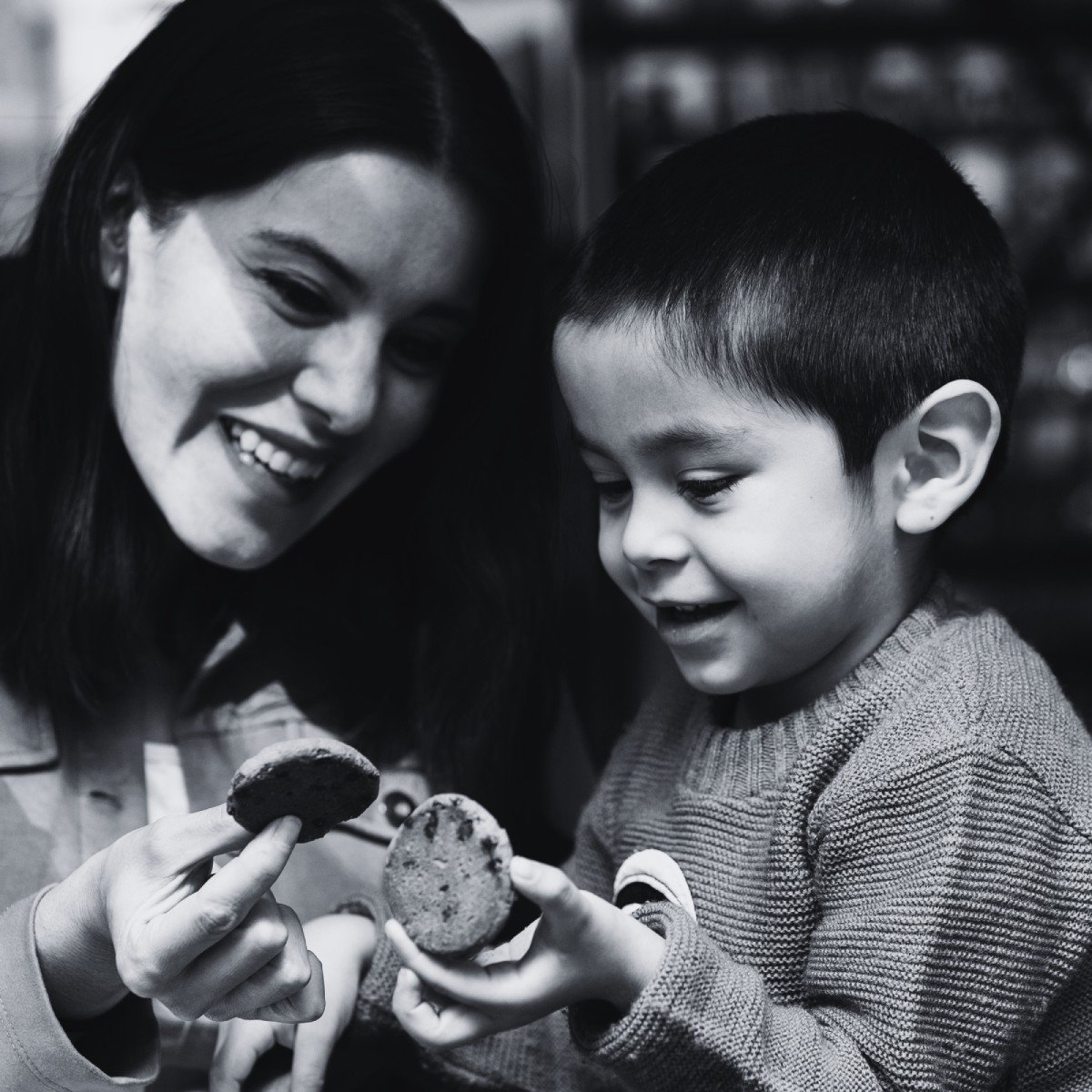What is Neurodiversity?
Curious about neurodiversity? What is neurodiversity anyway? I recently had a conversation with my friend, Dr. Brandon Park, who has dedicated his work to supporting neurodiverse individuals about this, inspiring this blog post. The term neurodiversity has evolved significantly over the years, initially associated primarily with Autism and later expanding into a broader framework that encompasses various cognitive differences.
The concept of neurodiversity was first introduced in the late 1990s by sociologist Judy Singer. She argued that neurological differences, such as Autism, ADHD, and Dyslexia, are natural variations in the human genome and should be recognized and respected as such. This perspective challenges the traditional view of these conditions as disorders that must be cured or fixed. Instead, it promotes the idea that they are simply different ways of thinking and experiencing the world.
Expanding the definition of neurodiversity
Today, neurodiversity recognizes a broad spectrum of neurological differences, each reflecting unique ways of processing information, thinking, and perceiving the world. The term “neurodivergent” is often used to describe individuals whose cognitive functioning deviates from typical patterns, though it is not synonymous with Autism.
Neurodiversity now includes conditions such as ADHD, Bipolar Disorder, and Learning Disorders, acknowledging that these differences can enhance creativity, problem-solving, and innovation when appropriately supported. This growing understanding has led to a more inclusive approach across education, workplaces, and society—encouraging environments that celebrate these diverse cognitive styles rather than merely accommodate them.
Respecting individual preferences
As the understanding of neurodiversity broadens, respecting how individuals prefer to identify themselves is crucial. Within the Autism community, some people may prefer to be called "Autistic," while others might identify as "neurodivergent" or "on the spectrum."
Similarly, "neurodiverse" is used to refer to a group of neurodivergent people, but not everyone embraces these terms equally. For this reason, it’s important to ask individuals how they prefer to be identified, ensuring that we foster an inclusive environment that honors personal preferences. This respect for individual identity is a key aspect of the neurodiversity movement, which advocates accepting and celebrating all cognitive differences.
Supporting neurodiverse populations
Professionals—whether clinicians, educators, or therapists—play a critical role in supporting neurodiverse individuals. This support is vital in a world often structured around neurotypical norms, and it can take many forms, including specialized education, therapy, job training, and social skills groups.
Understanding neurodiversity is essential for creating environments that accommodate differences and empower individuals to thrive. The focus should be on emphasizing the strengths and capabilities of neurodiverse individuals rather than solely addressing deficits.
What is Neurodiversity? The Conclusion
Neurodiversity reflects the wide range of cognitive differences that exist within the human population. As our understanding of these differences continues to evolve, so does our responsibility to support and include neurodiverse individuals in all areas of society. By embracing neurodiversity, we create a more inclusive world and unlock the potential of individuals whose unique ways of thinking can drive innovation and enrich our communities.
Industry leaders like Brandon S. Park, PhD, the founder of The Focus Group, New Focus Academy, and Life Focus Transitions, exemplify the importance of specialized support for neurodiverse individuals. Through his work, Dr. Park emphasizes creating environments where neurodiverse young adults can thrive by focusing on their strengths and providing tailored support. His approach aligns with the broader goals of neurodiversity, ensuring that these individuals are accommodated and empowered to achieve their full potential.
The diversity of our minds is a strength that deserves to be respected and celebrated. With the right support systems in place, we can ensure that every individual, regardless of their neurological differences, has the opportunity to succeed.

